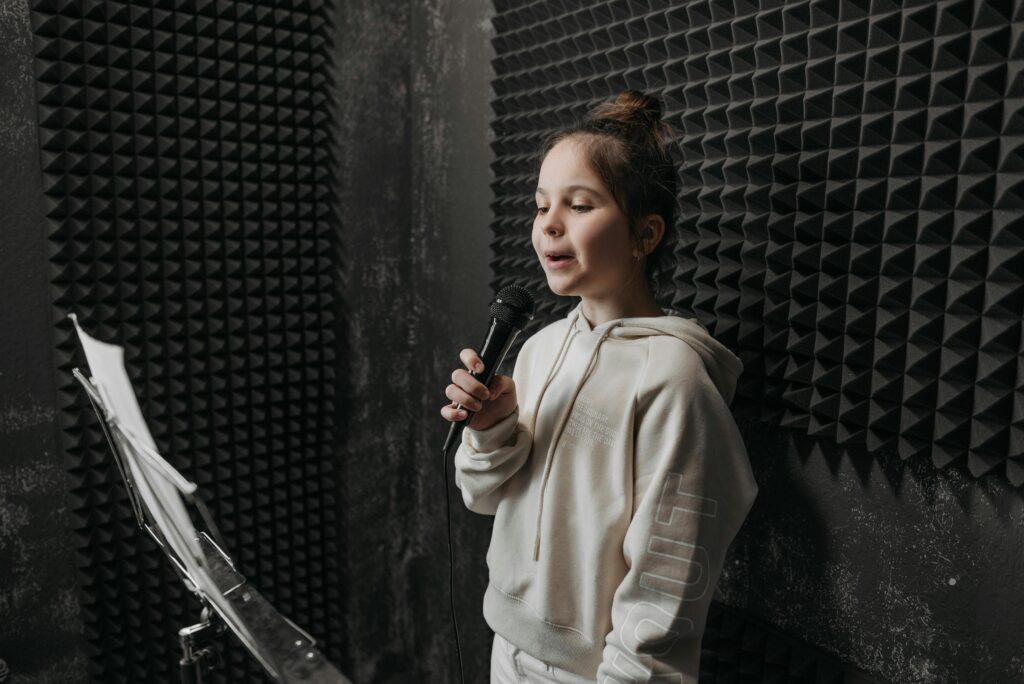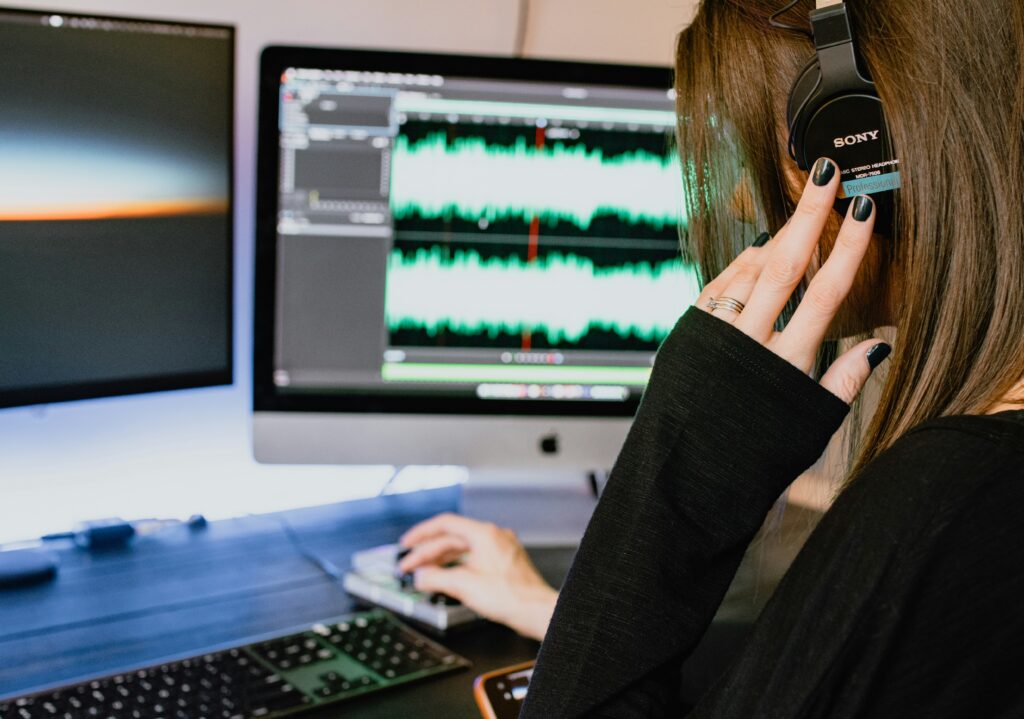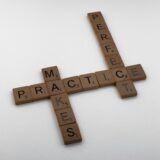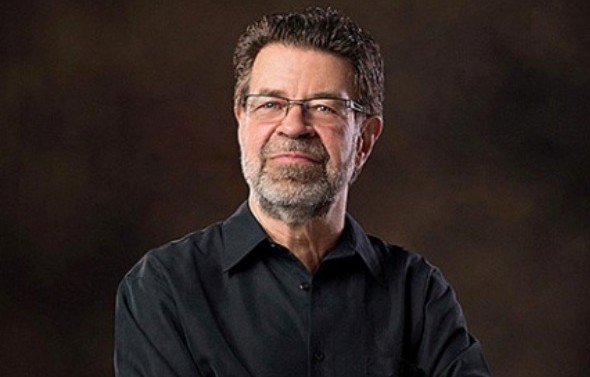Become a Voiceover Expert by Watching These 5 Videos
Wonder how to take those vocal cords and turn them into cold hard cash?
Well, you’re in good hands. We will walk you through five fantastic videos to make you a voice-over expert. So, clear your throat, and let’s get started!
Why Do These Videos Matter?
Now, before we get into it, let me share with you why it’s so important that you watch these videos. You see, getting started as a voice-over artist is not about that ‘golden voice’ everyone talks about—although that really helps, too. Rather, it involves the learning of tricks in the business side of voice-overs and the development one requires to become a voice actor. In other words, it is something like having your own personal voice-acting coach sitting down in your living room—not really the guy who is going to make awkward small talk and spit out coffee on you.
Remember, with voice acting comes much practice, a lot of practice, and more practice. Oh, not to forget—I did mention practice, right? These videos are going to arm you with the knowledge, but the real work is up to you. So let’s dive in and see what our expert video creators have in store for us!
Video 1: Voiceover for Beginners
The first video to share with you in the voiceover journey comes from the “Voiceover Masterclass” channel. This one is more or less the Swiss Army knife of voice-over introductions; it has everything you’ll need to get started.
What’s It All About?
Imagine: You are the voice of that really cool commercial about to break out, or maybe you’re doing a little narration for a documentary on penguins in tuxedos. That doesn’t sound so bad at all. Here is what the video paints and more: it talks about all these different types of voice-over work, from commercials to audiobooks, even video games—those wanting to be the one voicing a dragon in some next huge RPG out there.
1. The more versatile your voice could be, the more lucrative you will become. The thing is, you’ll be like a vocal chameleon!
2. You do not need a fancy recording studio. A quiet corner in your house can work wonders for a home studio setup.
3. Six-Figure Potential: Yes, you read that right. Of course, only if you work hard and possess the right set of voices. You will be rolling in dough… or at least enough to buy tons of throat lozenges.
Tips from the video
● Try working on a few really distinct voices. Like, try being some of your favorite cartoon or movie characters.
● Take a tour around your house to see where there’s the least amount of noise, because that may just become your recording space. Under the stairs, perhaps?
● You can’t do any harm with a bit of basic recording equipment. You don’t need to spend a fortune, but a good microphone really does the trick.
● Finally, Rome wasn’t built within a day; neither is a voice-over career. Take one step at a time, and before you know it, you will be well on your way to voiceover stardom!
Video 2: Voice Over Beginners – 10 Steps to Success
This video for voiceover beginners will give you a step-by-step process to follow. It goes all the way through—from rating your voice-acting skills to how to set up your home studio to the way you market yourself. Just like voiceover boot camp, minus the early morning drills and the lousy cafeteria food.
Key Takeaways
1. Self-Assessment: Get in only if you have what it takes. Do you like speaking? Are you understandable to people? If yes to both, then you are fine!
2. Technical Skill: You are expected to know how to use computers and recording software. Not to worry, you won’t need to be a geek in computers, but knowing how to turn on a computer is good.
3. Home Studio Setup: A quiet room, some sound-absorbing material, and a good microphone are your best friends.
Practical Tips
● Reading out loud daily practice is the most important thing. The reading will make you confident in news items and even short stories.
● Learn the basics of audio recording and editing. You will find several free tutorials online.
● Study pocket-friendly microphones and recording software to get started.
Well, you know, everyone started somewhere. I mean, even Morgan Freeman had to learn how to use a microphone at some point!
Video 3: How to Be a Voice Actor
You will feel like you have really got a cool older sibling who has made it to voice-overs and spilled all his secrets in this video.
Everything from setting up a studio in your home to auditioning techniques is here. Will breaks all this down into steps that are easy to understand, so it doesn’t seem quite so overwhelming. Plus, he throws in some humor along the way just to keep things interesting. Who said you can’t have a little fun while learning?
Key Takeaways
1. Equipment Matters: While you do not need high-range equipment to get started, good equipment is truly money well spent.
2. Auditioning Skills: Being able to audition is a learned skill—bringing a script to life and not just reading it.
3. Continuous Learning: Because of the continuous changes in the voice-over world, one has to learn and refine continuously.
Video Tips
First of all, use some kind of USB microphone, say, Blue Yeti. It is very pocket-friendly; in fact, it’s good enough to be started with. Then there’s practicing recording yourself and then playing it back; it kind of feels weird to begin with, but it’s a really good way to improve. Now, learn how to edit your own recordings because these are definitely those kinds of skills that will ever come in handy—for saving money and sparing time, too.
Remember, even the best in this business did, at some point, meet a beginning. Don’t be afraid to make mistakes; that is the path to learning and growing.
Video 4: Voice Training – Easy Vocal Exercises
Now that we have covered most of the basics, let’s discuss the most important tool in your chest, your voice. From Voiceover Masterclass, all about training your vocal cords for optimum operation.

What’s It All About?
This video is an example of how one can work out their voice, just like at the gym. It has some simple exercises that help in bettering one’s voice quality, clarity, and versatility. Want to sound confident during meetings? Or maybe you want that smooth radio DJ sound? These exercises shall help you in doing so.
Key Takeaways
1. Daily Practice: Unlike all other talents, the voice requires daily practice.
2. Versatility: Learn to modulate your voice for various roles and characters.
3. Confidence: The better your voice, the better and more confident you feel. It’s a win-win!
Useful Tips from the Video
● Do some basic vocal warm-ups at the outset of every day. It’s sort of like stretching before exercising but for your voice.
● Do exercises for pitch and tone modulation, talking like other people from high to low pitches.
● Memorize a text piece and record yourself reading it each week. Weeks down the line, you will be surprised at how far you have come!
Keep in mind that your voice is unique. All the work you are going to do here is not about changing yourself, but about becoming the best version of yourself, vocally speaking!
Video 5: How to Be a Voice Actor
The final video is from Voice Acting 101, and boy, does it really close off the shutdown on our journey into voice-over. Anyway, this video wraps up everything I learned together in a bow, placing right in the middle with a direct actionable plan on how to move forward into the world of voice-overs.
What’s it all about?
This video will help you through a five-step process to become a voice actor, from initial research to aggressive marketing. It’s almost like keeping a roadmap for a voiceover career, complete with all the necessary pit stops and scenic routes.
Key Takeaways
1. Research is the Key: Learn a little about what you are getting yourself into before jumping in.
2. Setting up of Home Studio: The setup of a good recording space is necessary for the creation of quality products.
3. Training and Practice: This process never ends for building your skills. Be a lifelong learner!
4. Demo Reel: Your demo is your business card in the voice-over world. Make it count!
5. Marketing: When ready: put yourself out there; find work.
Tips
● First, research the types of voiceover jobs that interest you the most.
● Get a basic home studio up and running. Remember, this doesn’t represent your final frontier; you can always level up later on. Consider voice-over coaches or classes in your area since sometimes just a little bit of guidance might help you out.
● When you are ready, put together a demo reel representative of strong work on your single track. Start small with online casting sites, then work your way up to direct marketing and agents.
Remember, becoming a good voice-over is a journey, not a trip. So enjoy the process and just keep pushing yourself to be better!
Conclusion
From the basic understanding of voice-over to setting up your home studio and improving your voice, we surely have traversed a long way in our journey. You are truly armed now to start creating your voice-over career.
Yet, remember that watching these videos is just an initiation process. The real magic happens whenever you put this knowledge to work. So, what are you waiting for? Clear that throat, warm up those vocal cords, then start that voice-over adventure!
Who knows? Maybe next time that TV commercial comes on, or while watching an animated movie, it will be you—an entertainment voice, entertaining masses upon masses. So go on, make some noise, and show the world what your voice can do!















